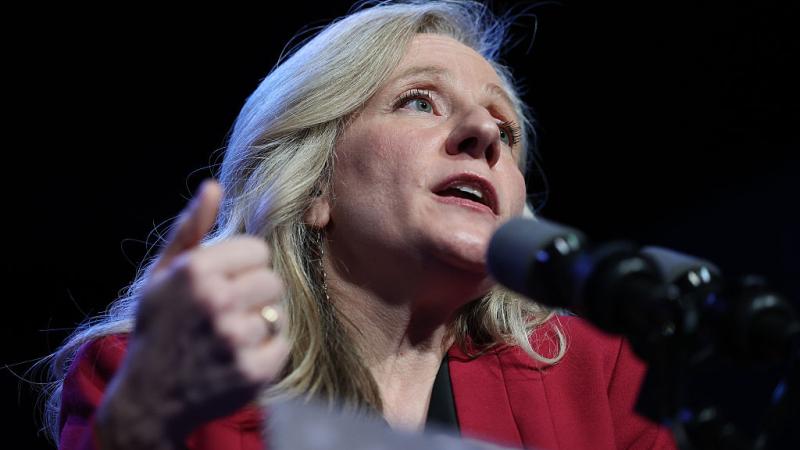Pennsylvania lawmakers investigate expanding nuclear energy
Some skepticism remains over cost-efficiency in such an expansion.
Nuclear power remains a significant energy source in Pennsylvania, and one lawmaker wants to explore the possibilities of an expansion.
Some skepticism remains, however, over cost-efficiency in such an expansion.
House Resolution 238, sponsored by Rep. Tom Mehaffie, R-Hershey, would direct the Joint State Government Commission to carry out a study on “the benefits of nuclear energy and small modular reactors.”
Small modular reactors require less land and investment to develop and can use coolants other than water, giving them the ability to be placed away from lakes or rivers.
Mehaffie argued nuclear energy could create jobs and bring energy stability and independence to Pennsylvania.
“This study is needed, it’s justified, and it is something I think we all have to start looking at in realms across the United States, but especially Pennsylvania,” Mehaffie said. “I think those with the infrastructure that’s there for the generation of electricity, there’s (nowhere) better to locate these SMRs than in the vicinity of these plants to use the existing technology.”
Pennsylvania is the third-largest generator of electricity in the nation behind Texas and Florida, and second in the nation behind Illinois for its nuclear power generating capacity. In 2020, the state’s four nuclear power plants provided 30% of the state’s electricity generation, compared to 4% of renewable energy resources.
A study from the commission could clarify how much Pennsylvania could expand its nuclear footprint.
“Without a study, we can’t really tell what’s needed, how much is needed, what’s going on,” Mehaffie said.
“I’m not here to cast a bad cloud over anybody, but I want to make sure we’re in the position that we can produce enough electricity in the good and bad times of Pennsylvania so that our commonwealth is supplied with the proper amount of electricity and we can export what’s needed,” he continued.
The economics of nuclear energy, however, can get tricky.
“It's the kind of issue that comes around every 10 years or so – barring a Fukushima accident – but really doesn't go anywhere,” said David Hess, a former secretary of the Department of Environmental Protection. “I can't get really excited about this iteration of nuclear power because it would necessarily be on a very long timeline.”
Though natural gas price increases make nuclear power more competitive and the federal Inflation Reduction Act created new tax credits and incentives for nuclear energy, cost overruns have haunted nuclear expansions in other states.
A planned nuclear plant in Georgia has seen major delays and its price tag balloon from $14 billion to $30 billion and counting.
Nuclear energy has been credited for being a leader in decarbonization efforts, but advocates warn that overregulation and unfair government subsidies have been responsible for its cost issues.
Mehaffie was “very confident” that the resolution would pass in the House.
“We want to be in front of the curve and make sure we’re making all the right decisions as lawmakers and I think this is just a great first step,” he said.













